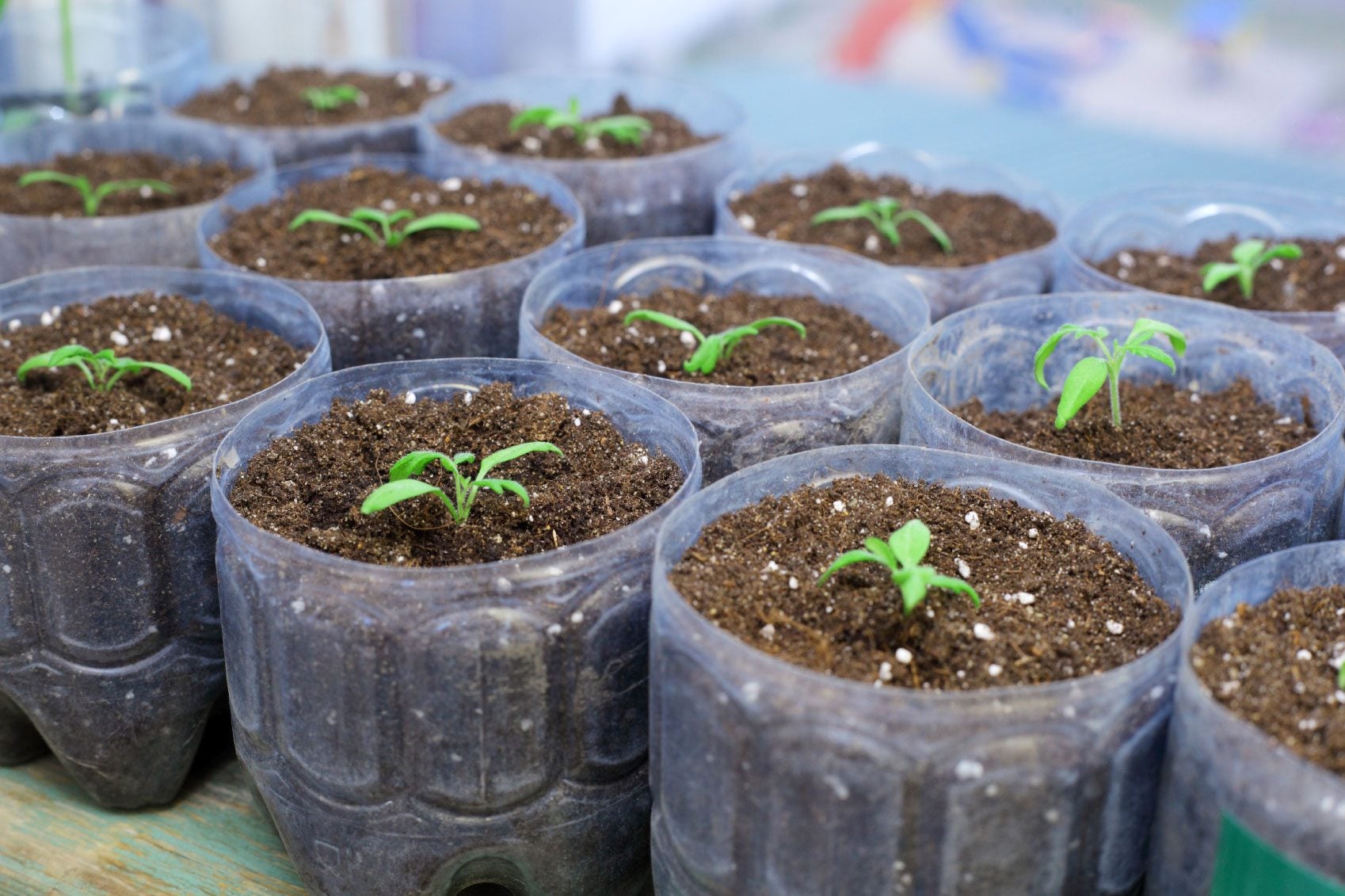
Eggplants are a heat-loving vegetable in the Solanaceae family that require two or more months of night temperatures around 70 degrees F. (21 C.) for optimal fruit production. These veggies are usually transplanted rather than directly sown in the garden. So how to grow eggplant from seeds? Read on to learn more.
Eggplant Seed Preparation
Eggplants, with dramatic foliage and colorful fruit, are not only a great choice for a veggie garden, but an ornamental specimen as well. Native to Asia, this tender annual requires full sun, well-draining, slightly acidic, fertile soil and a long growing season.
There's no particular eggplant seed preparation necessary prior to sowing. Eggplant seeds germinate at temps between 60-95 degrees F. (15-35 C.) and seedlings will emerge in seven to 10 days. When growing with eggplant seeds instead of nursery starts, the seeds will remain viable for about four years.
Starting seeds indoors is most common, although if you live in an extremely warm, humid region, planting eggplant seeds directly in the garden may work.
Starting Eggplant Seeds Indoors
When starting your eggplant seeds indoors, be sure you have an area to germinate them that is quite warm, 80-90 F. (26-32 C.). Eggplant seed planting should occur four to six weeks before your last frost date. Although eggplant seeds are tiny, sow the seeds about ¼-inch (6 mm.) deep with good quality potting soil in flats or cell containers.
Use a dome or cloche to retain heat as well as humidity to encourage germination when eggplant seed planting indoors. At optimal conditions, the growing eggplant seeds should germinate within seven days. Two weeks after germination, fertilize the seedlings once a week with a soluble fertilizer -- 1 tablespoon (15 ml.) of fertilizer to one gallon (4 L.) of water. Eggplant seedlings will be ready to transplant in six to eight weeks.
Harden off the seedlings carefully by gradually reducing ambient temps and easing off on watering. Wait until the weather has settled, with no chance of frost and the soil is warm before transplanting. Cool temperatures will weaken the plants, and frost will kill them.
Sign up for the Gardening Know How newsletter today and receive a free copy of our e-book "How to Grow Delicious Tomatoes".
How to Transplant Eggplant Seedlings
Once your eggplant seedlings are ready to move outdoors, choose a full sun area with a soil pH of 5.5 to 7.0 (acidic to neutral). Consider using a raised bed or black plastic mulch to aid in warming the soil and speeding up growth.
You can also use an organic mulch to retain moisture, but don't apply it until the soil is warm. To reduce the risk of disease, eggplant crops should be rotated every few years and it does well following beans or peas. Transplants should be set about 18-24 inches (45-60 cm.) apart in rows 30-36 inches (75-90 cm.) apart. Thereafter, the plants will require moderate irrigation and a bi-weekly feeding.
Although eggplants are heavy feeders, avoid those that are high in nitrogen, which will encourage foliage growth and not fruit. Harvest time for eggplant will be between 70-90 days from transplant date.

Amy Grant has been gardening for 30 years and writing for 15. A professional chef and caterer, Amy's area of expertise is culinary gardening.
